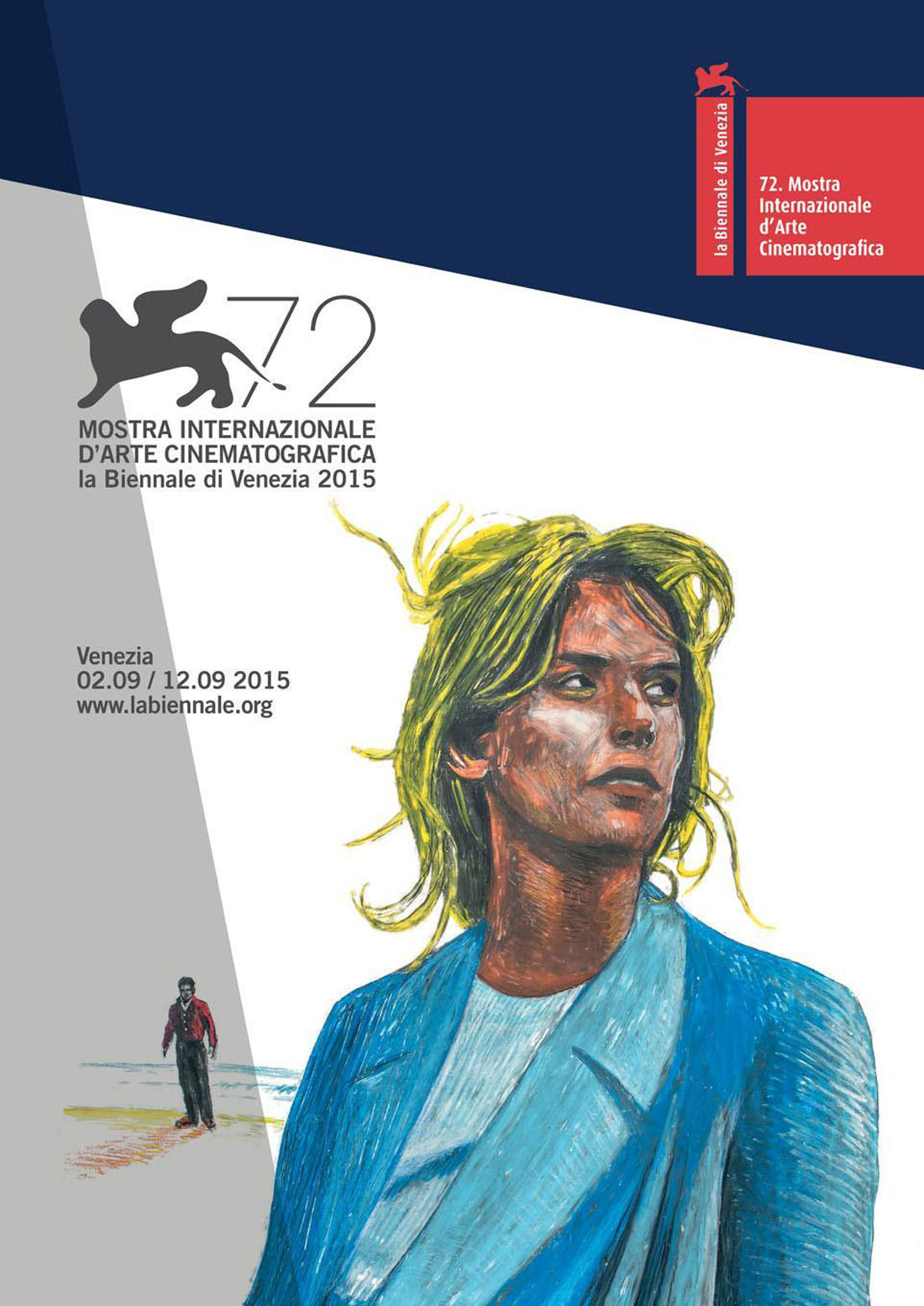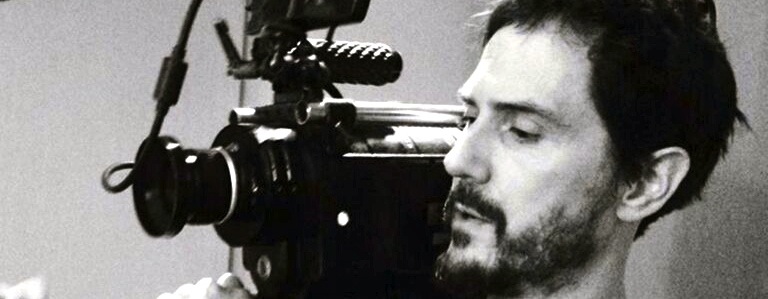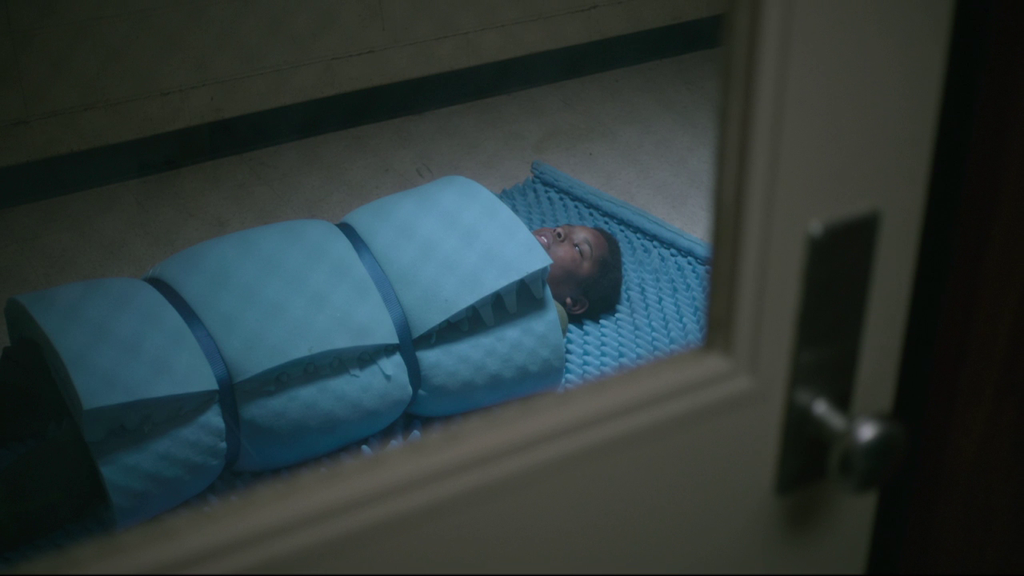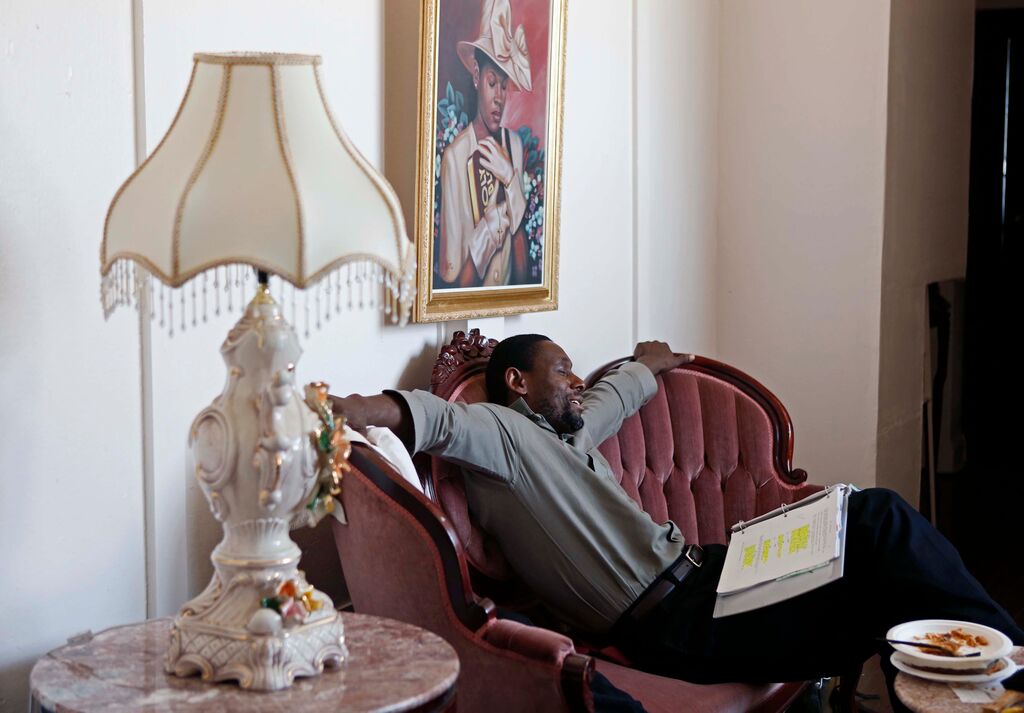Free in Deed

Jake, thanks for accepting our interview. Let’s begin with your pitch. May you tell us the story of Free in Deed in a few lines?
Set in the distinctive world of storefront churches and based on actual events, Free in Deed depicts one man’s attempts to perform a miracle. When a single mother brings her young boy to church for healing, this lonely pentecostal minister is forced to confront the seemingly incurable illness of the child and his own demons as well.
How did you come out with this idea?
I happened to read a news story about a faith healing in 2004 and a few months later, when Michelle Satter at the Sundance Labs asked me if I had a screenplay to develop I immediately said ‘yes’ of course. Then I quickly wrote up a draft based loosely on the news story and submitted it. A few drafts later they took it on and that started the development process.
I read it took over 10 years for you to make this film. How did it go exactly? I guess that something’s changed inside you meanwhile. Do you feel the passing of time affected your creative work?
I’ve changed a lot in the past 10 years. I barely recognize myself from the time I started the project. So by the time we finally, actually began production I had to try and reimagine the script to match the newer interests of a different person. I’d outgrown those parts of the project that had inspired me originally so I tried to recreate something new from the inside out. One example of this was introducing some sexuality and a relationship between the two main characters, which didn’t exist at all in the ‘true story’. That’s a movie trope of course but it helped me to stay interested in the project towards the end and added some dimensionality to the narrative.
To tell a true story like this… I guess it’s been an incredible challenge. In what did you try to be totally truthful? And when instead did you need to create something completely fictional, and why?
The ‘true story’ aspect made it much easier for me. Having actual events to reference is helpful to build structure and character. The fictional components are the most challenging. It’s fine if the plot is changed as long as the theme is truthful. The perspective and emotion is more important. The film had to be an ecstatic tragedy; the tone of uplift combined with a narrative of despair to recreate the cognitive dissonance and felt experience of a person who holds more strongly to a belief the more they suffer for it.
You wrote Free in Deed on your own. Do you consider yourself more as a writer or a director? How would you describe your writing process? Do you consider the possibility to co-write your movies in the future?
My writing process is painful. I have plenty of ideas and premises and plans but sitting down and writing them into full screenplay format for me is just especially unpleasant.
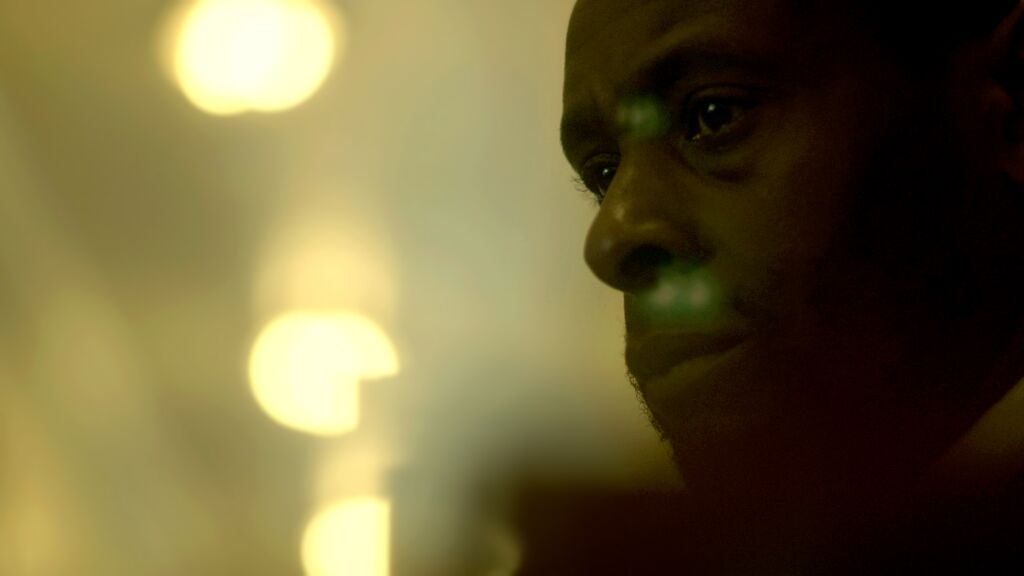
Courtesy of Free in Deed llc
I would jump to direct a ready-made script or work with a co-writer.
You had the opportunity to work on your script both at the Sundance Institute Writer’s & Director’s Labs and the Cannes Atelier. What did those experiences add to your story?
The Sundance Labs were thoroughly fantastic. Workshopping the script and seeing what actors bring to dialogue, adding subtext and an emotional narrative, that didn’t exist on the page. That was a revelation to me. There is a lot of religious language in the script and it was a challenge explaining to other people that what is being said is not the topic but how things are said. Its like a code primed for subtext.
Jake, you’ve had a pretty unique artistic path so far. You made bold experimental micro-budget shorts and features which mostly caught the attention of top-tier festivals. Did you make a virtue out of necessity? Or did you deliberately choose this kind of path?
I never considered the work experimental myself. Each film was a result of intention and circumstance. Each film is a version of what it could have been depending on who shows up, how hard people work, the weather, the gear, and everything else. This film here is different because it’s the first ‘produced’ project I’ve worked on with a crew and actors. The challenge for me going in was not yet knowing what would be different in the process; what an actual budget (even this small) could and could not afford. I had no perspective. Now I know.
A very sensitive theme to handle; a shocking true story to recreate; and powerful, torn characters to narrate and question — How did you work to shape all that complex matter?
Directing is part of the writing process. Editing as well. We only have to hit a few key plot points in the film. The rest of the story is just what viewers tell themselves about their experience. Theme is primary to plot because it is associative. It evokes emotional responses and allows a viewer to engage in the understanding of the film (as opposed to being told what the film is doing through exposition). Moving photographic imagery is literal. So finding ellipses, gaps, and juxtapositions in the ‘story’ are some ways to reintroduce mystery and visual emotion into the film. There is a balance to be found (and everyone has their individual preferences) between explicit and inferred narrative. There should be just enough plot to maintain attention and clarity without smothering the livability of the film.
Did you ever think of meeting some kind of target (read: audience) while writing Free in Deed?
No, I did not think about audience. That is an unfulfilling exercise. I can’t imagine spending 12 years of my life in personal effort on something I cared about just so people can flick through a thumbnail on Netflix after a long day’s work looking for something ‘funny’ or ‘scary’. My interest in a film is my own standard of authenticity toward the subject and the ability to create something new. I’m interested in engaging with creative people and understanding more about being human, not satisfying a market niche. Unfortunately those two things often don’t coincide.
How many changes (if any) to the script needed to be made while filming?
I lost count. Endless changes. It was difficult especially after spending 10 years writing and visualizing just how to shoot the film. All of that planning and ruminating came down to an actual day in an actual place with actual people. I knew beforehand that there was never any chance of shooting the script. But I wasn’t yet sure how working with a crew might change the process. I figured it out pretty quickly. But for this project (more than my other self-made films) my expectations and hopes had become a bit too rigid over the years.
We created the Writers Guild Italia to defend the Italian writers because unfortunately in Italy, our rights are constantly ignored or infringed. What do you think about the work that the guilds do? Are you a member of the New Zealand Writers Guild?
I’m not a professional so I don’t belong to any guilds. I’ve never been paid for my filmmaking work but if that happens someday I could join up somewhere.
Are there any Italian films which influenced your artistic development?
I somehow I managed to see Cinema Paradiso when I was still a kid. I started trying to educate myself and the European classics appealed to me, Russian cinema especially. From Italy the main films for me were Bicycle Thieves, Rome, Open City, La Strada, 8 ½, Battle of Algiers. I remember first being thrilled by the defiant politics and committed humanity in these films. They activated me in ways I hadn’t experienced before.
What are you expecting from Venice?
I’m grateful the film is showing there.

